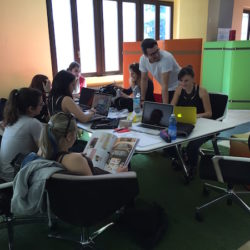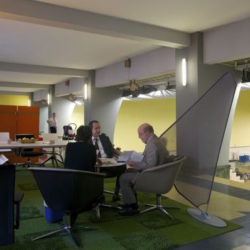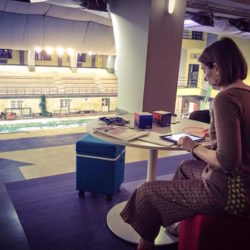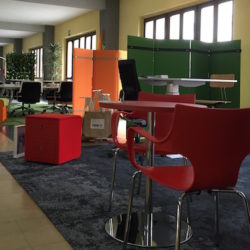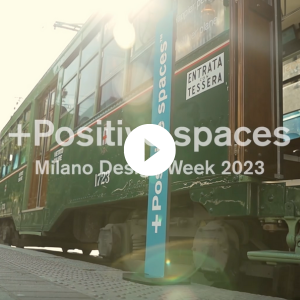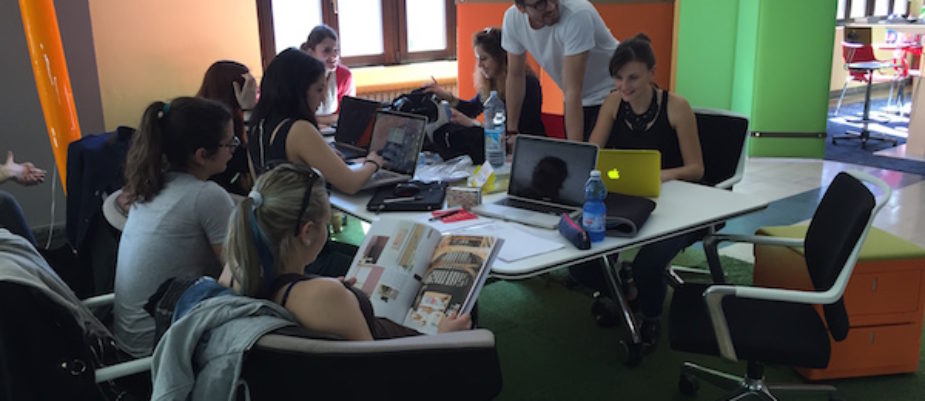
“The nowadays more effective shape of smartworking is the one inspired by the way creatives organize themselves and the spaces they work in.
The designer is not an ego anymore, but a design of the spaces allowing the users to customize them, according to their work-rhythm. We must add to the x, y, z dimensions we are used to consider, another size: the dimension of time”.
With this words Francesco Zurlo, member of ADI’s selection committee and professor at Politecnico of Milan, opened the round table “Agility and Wellness” of the WOW! Island Agile Working at Cozzi swimmingpool of Milan, the last 23rd March.
Office design is been always conceived on a functionalist paradigm, based on the standardization of ergonomic and safety aspects.
The developing of smartworking and agile working has changed the way of relating with the space.
“We have to find new solutions designed both for the needs of the company and of the workers”, says the professor, “I call it “Design of the options”, imagining that who has options has also freedom. So, I believe that the wellness in a working environment depends on the options this space can give to its users, in terms of usability, relationships and work semplification. When I give options, I give also trust.
The question is: how can I design patterns that help the company to communicate trust to workers through the environment?”.
“Nowadays design is going through a metamorphosis”, professor Zurlo concludes “ in the new concept of working, the desing will play a key role only if it will be able to focus on the new dimensions of trust and rhythm”.
The desk, as the symbol of the old conception of working, is the element of the office which is changing the most. As Marco Predari of Assufficio said, companies are investing on the types of furniture that will able to overcome the stillness of a personal desk.
“Design can really be a regenerating factor, the driving force for a systematic revolution. What is really changing now is the relation among the common areas in-between and offices, in strict meaning. There are more and more environments studied to encourge informal interactions. The changing will affects also the real estate sector: the rationalisation of the space makes all the structures to be thought over in the distribution of their systems and structures, following the new planning of the spaces and of the furniture.
Text by Gabriele Masi.

